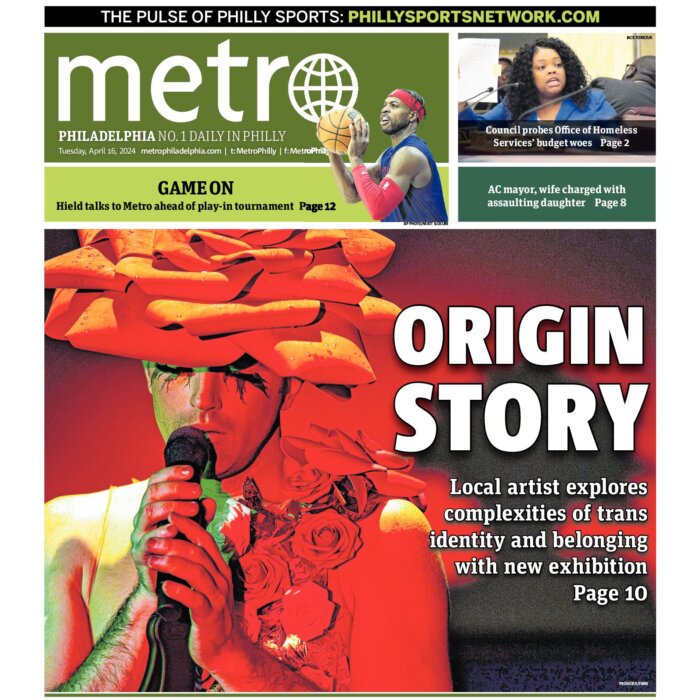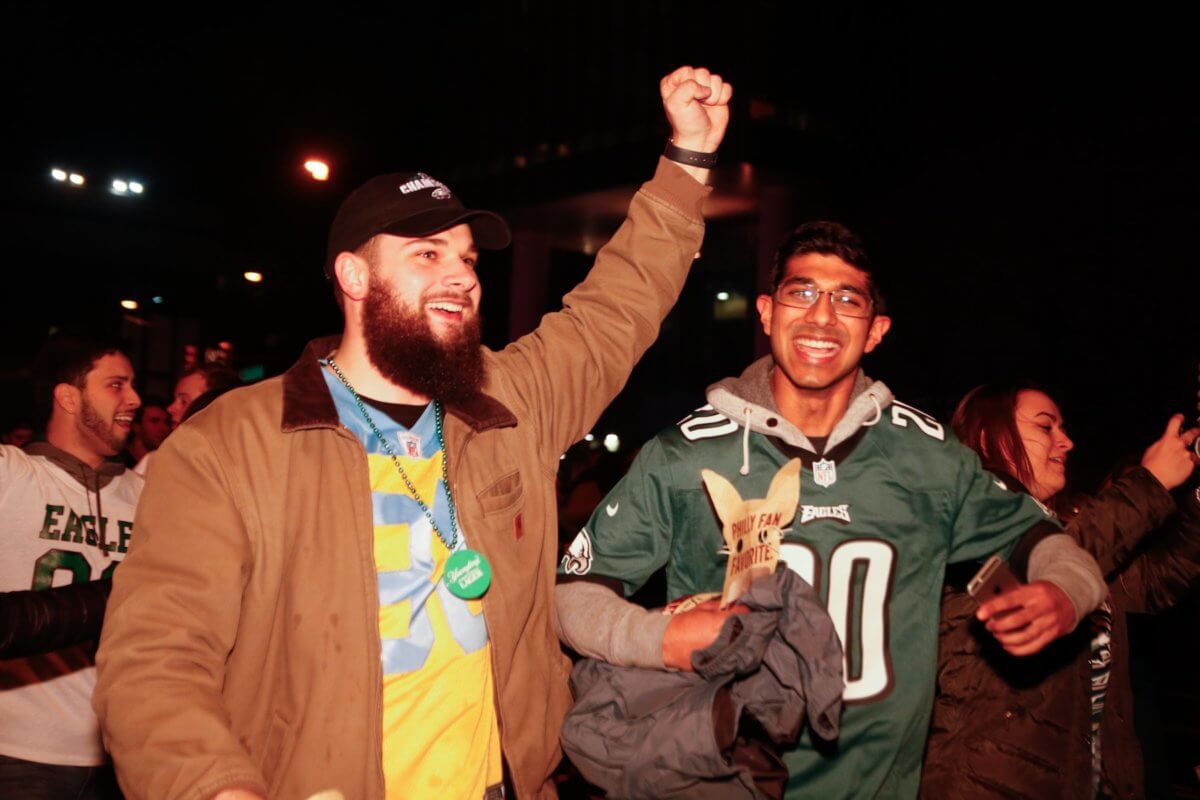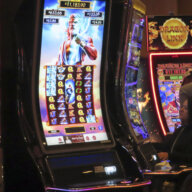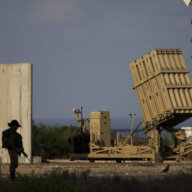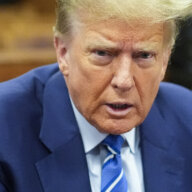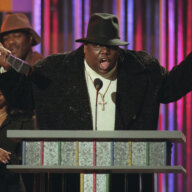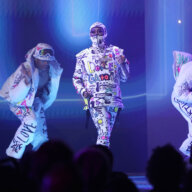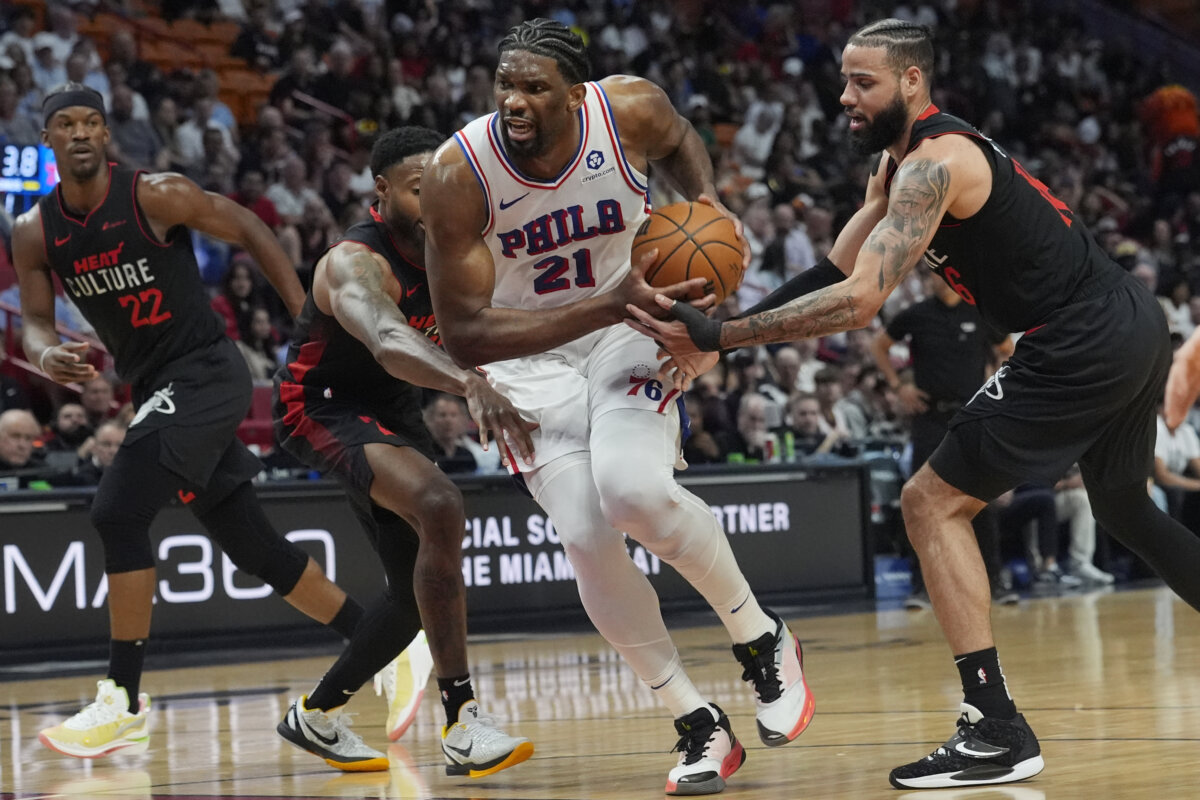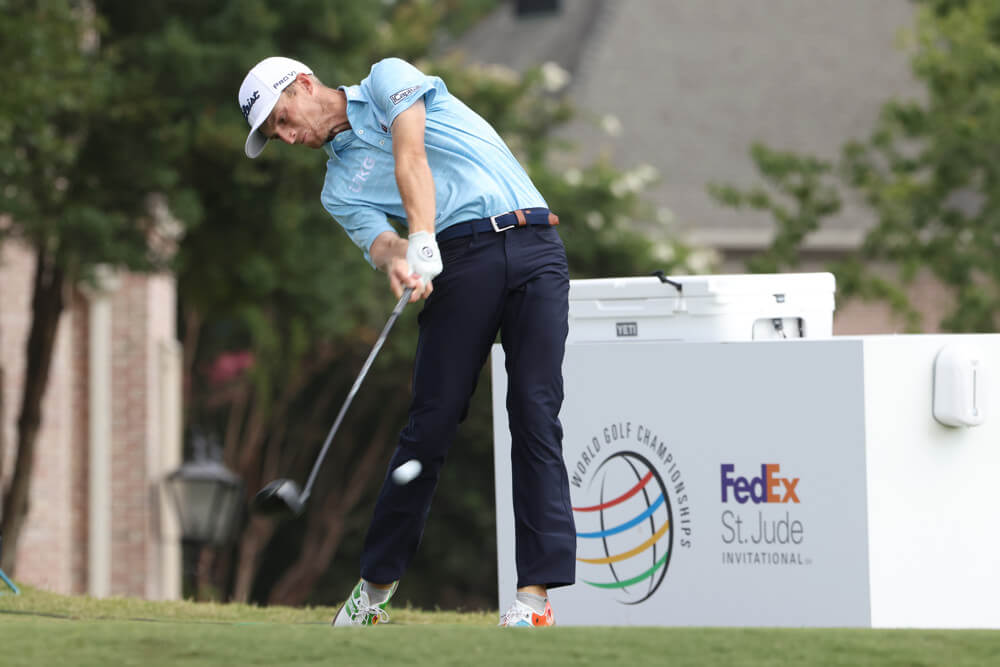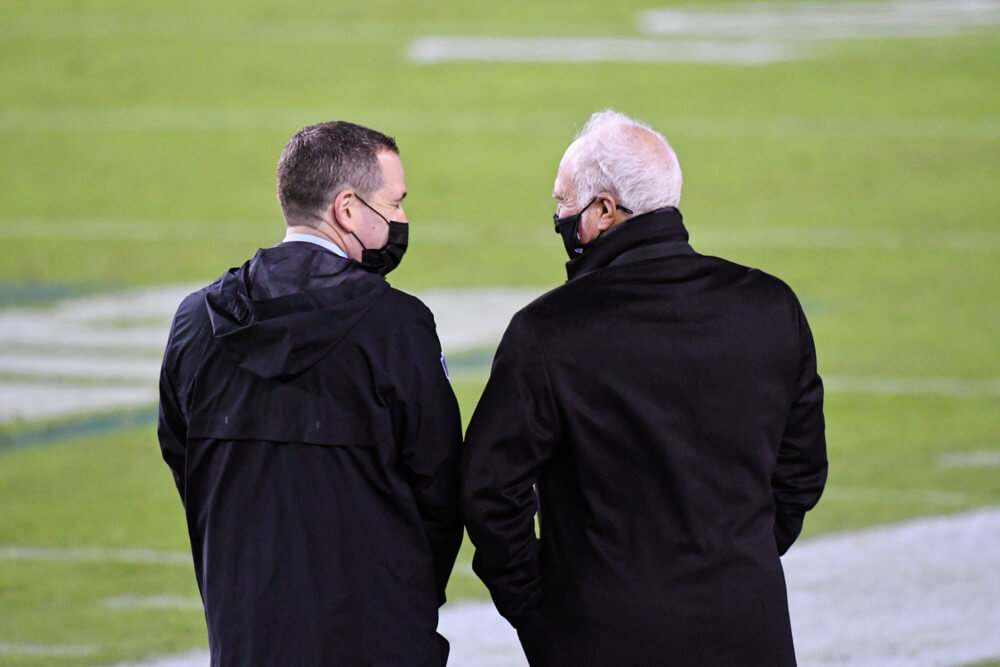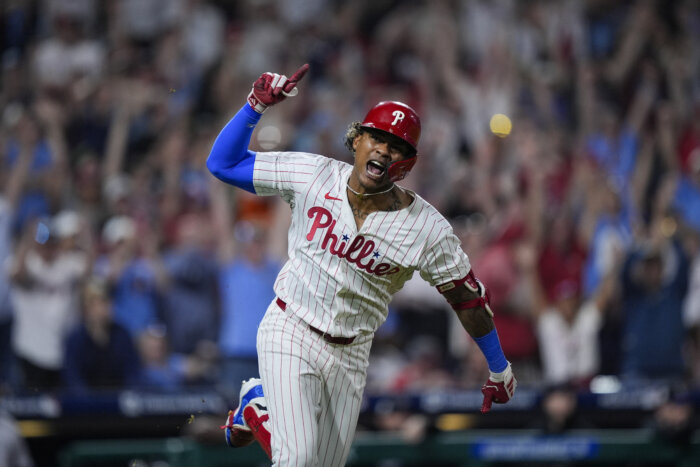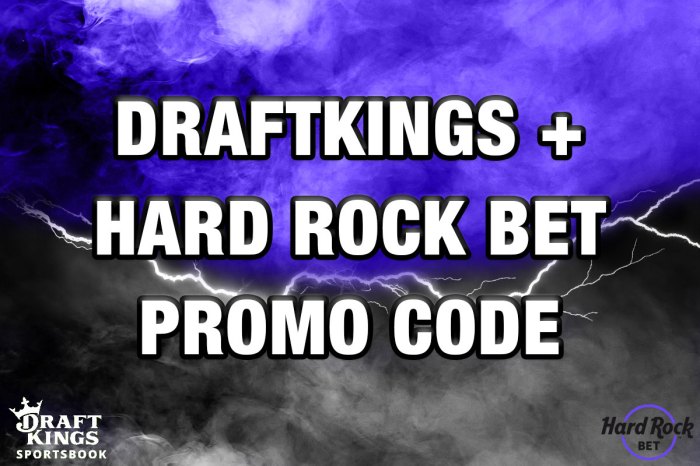The Philadelphia Eagles finally won their first Super Bowl, but during the celebrations, afterward, something didn’t feel right in Philadelphia. It wasn’t the fact that there were few reported arrests during a night that saw thousands of elated fans taking to the streets of Philly to celebrate victory. It was how mostly white Eagles fans destroyed businesses, managed to bring down traffic lights and street signs, and overall vandalized the same city they wanted to be a winner so badly. As diverse as the Eagles’ Philly fanbase is, this begs the question: does the race of the people involved determine how they can celebrate?
From a public safety vantage point, the idea that citizens of any race can run amok unpoliced is troubling. The notion that only certain citizens can do that, however, is an even worse symptom of white privilege. Merriam-Webster defines “privilege” as “a right or immunity granted as a peculiar benefit, advantage, or favor.” White privilege is afforded to white people as the dominant race in our society, and as Sunday night showed us, it has its perks. National platforms from NPR to Slate covered the debauchery of the Super Bowl celebrations with mostly jocular tones, reiterating how “wild” Philly sports fans are as a reason for the chaos. “Savage” and “thug” are usually reserved for people of color shown in the same circumstances.
RELATED: Philly scanner goes viral as world watches Eagles fans celebrate Super Bowl
What wasn’t nearly as discussed was the dire extent of the damage done to the city by overzealous fans and why virtually every viral video featured white people doing the damage. The black community historically has a healthy distrust of law enforcement that has only worsened in the last several years due to numerous killings of unarmed black people by police officers. While black Eagles fans (and other people of color) may have wanted to “celebrate” as recklessly as white Eagles fans did, the chances that they would be given the same passes by police are highly unlikely.
The politics of race extend beyond Eagles fans taking to the streets and to the Super Bowl-winning team itself. Before the Trump administration, championship-winning teams in American sports considered it an honor to visit the White House and celebrate their achievement with the president. With President Trump’s controversial remarks and actions against marginalized peoples, a handful of Eagles have decided to boycott visiting the White House, bucking tradition and making a statement in the process.
RELATED: Closed in Philadelphia during the Eagles parade
Widely regarded as the Eagles’ team leader, star safety and activist Malcolm Jenkins has protested social injustices like mass incarceration and police brutality all season and will not be going to the White House. Defensive end Chris Long is also no stranger to public service, having donated his entire 2017 salary to charity, and will be joining Jenkins in his boycott. Long already skipped a White House visit last year as a member of the 2016 NFL champion New England Patriots. With wide receiver Torrey Smith also boycotting the Eagles’ visit to the White House, one thing is for sure: No matter how big a Super Bowl victory may be for a city, it’s impossible to separate politics from sports.
Note: This column reflects the views of the author, which are not necessarily those of Metro US.
RELATED: Philly cops to vandalizing Eagles fans: ‘We will not forget, we will not stop’
